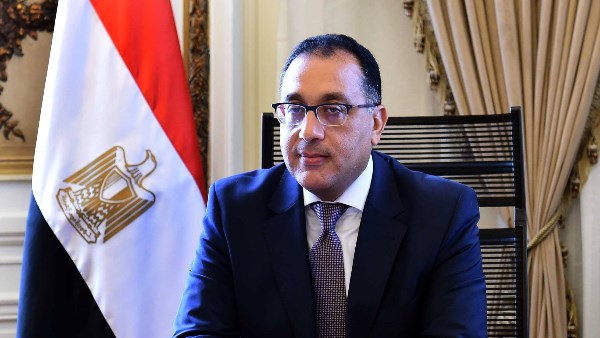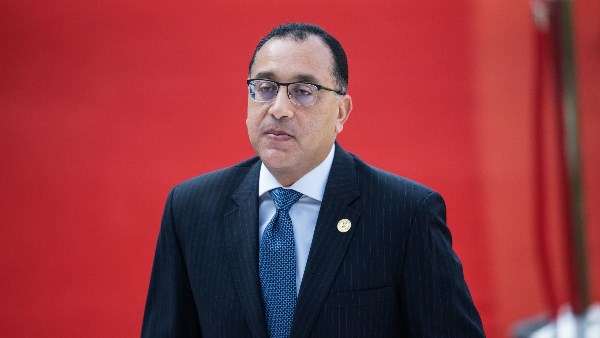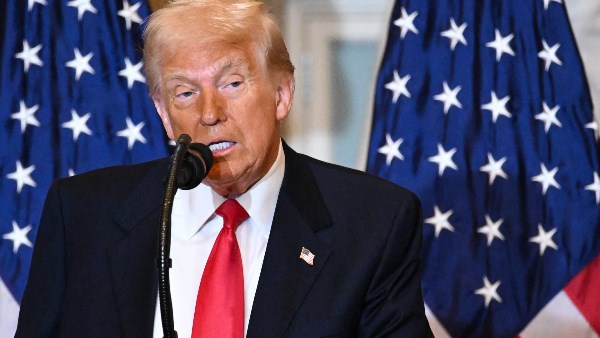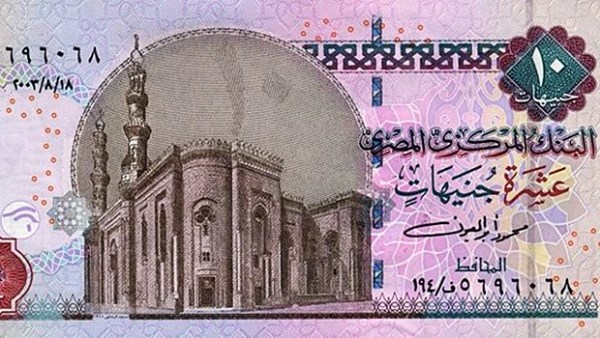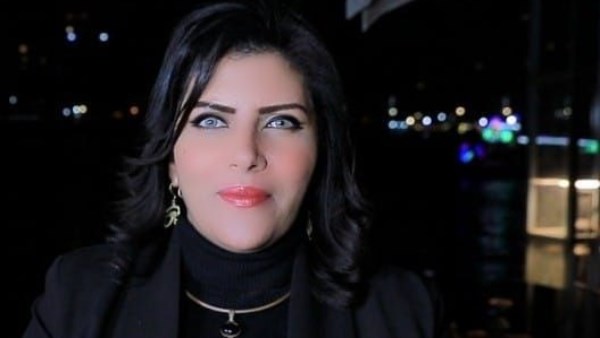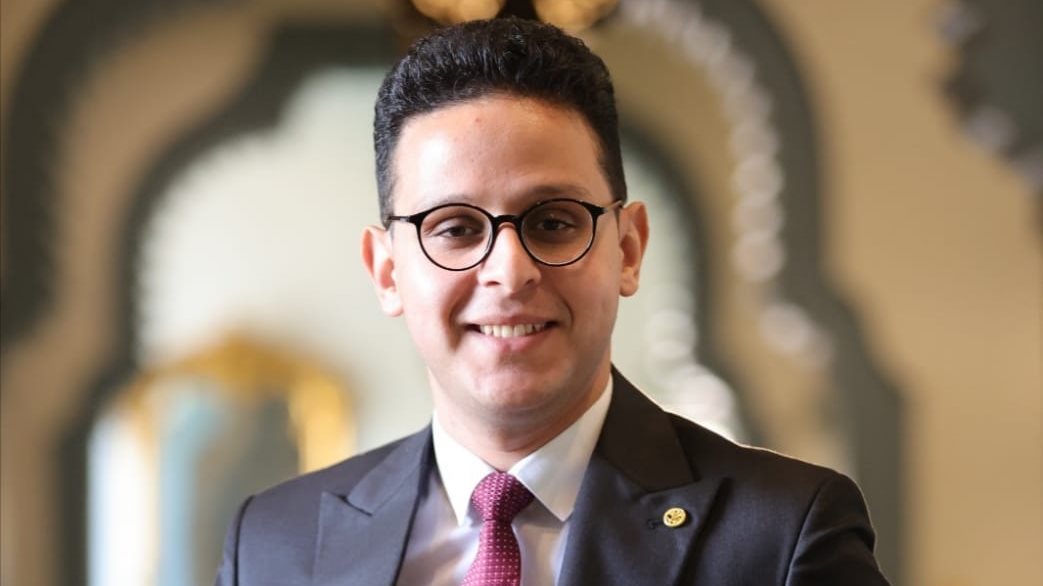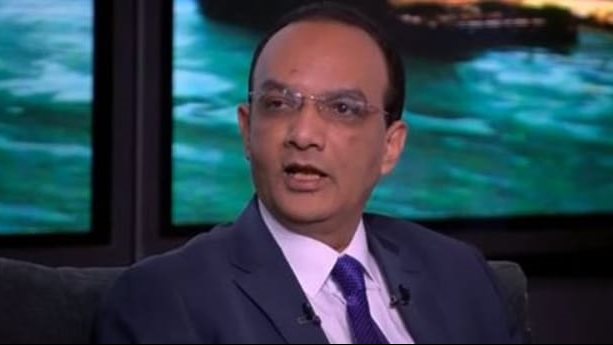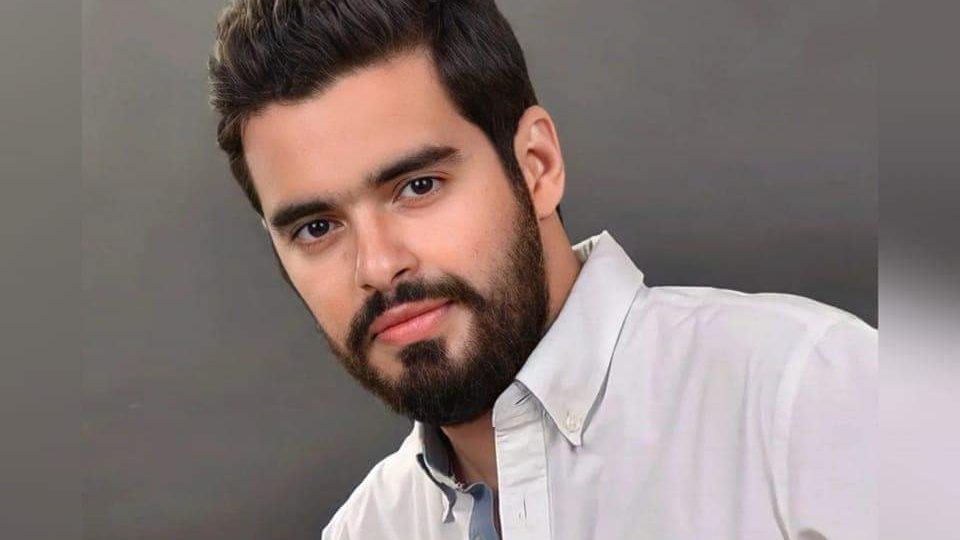First Egyptian Muslim sumo wrestler storms Japan

Osunaarashi makes history in Japan’s hallowed sport of sumo as the first Muslim-Egyptian-Arab-African wrestler.
Sumo wrestler Osunaarashi was a large, muscular Egyptian teenager with a passion for bodybuilding when a friend recommended he try the ancient Japanese sport of sumo. But it was a hard sell. “This sport is about two elephants pushing each other,” he recalls his initial thoughts about the sport. “I’m a bodybuilder, man. It looked so ugly for me and I thought I would never do it.”
Now Osunaarashi, 22, is the first Egyptian, first African, first Arab and first Muslim to muscle his way into sumo’s professional ranks, so proud of his heritage that he observed the Ramadan fast during a just-ended tournament. This meant neither eating nor drinking from 3am to 7pm, despite grappling with wrestlers whose weight average about 150kg in temperatures up to 33℃
“The food was not a problem. But water was. It was the hardest part,” says Osunaarashi in a rare interview at his lively sumo “stable”, as the wrestlers’ gym and residence is called, just outside the central city of Nagoya. “Without Ramadan, I just have a small headache after the fight. But in Ramadan, in this tournament, every day I have a really strong headache that I never had before,” he says.
Bulking up is one of the principles of sumo. To do this, wrestlers down mammoth, protein-laden meals, often followed by naps. But Osunaarashi, whose sumo name means “Giant Sandstorm,” had to forego this during Ramadan, trimming some 5kg from his 156kg, 1.88m frame.
“You just have to do it,” he says, as younger wrestlers make lunch and sing along to a TV programme. As is customary while relaxing, many wear only underwear – patterned boxer shorts – though Osunaarashi wears a green yukata, an informal kimono.
He shrugs off the fast as another challenge in adapting to the tradition-bound, 1,500 year-old sport. “It’s part of life,” he says.
Sumo pits two giant, glowering wrestlers, clad in loincloths, against each other. Bouts take place on a raised sand ring. The first wrestler forced out of the ring loses the fight. Slapping is permitted, punching and hair-pulling are not. Outcomes are decided in seconds.
Although sumo tournaments are broadcast daily, it has to fight for audience with other sports such as football. In recent times, it has been having trouble attracting new wrestlers within Japan as the rigours of daily life scare off enthusiasts.
'That ugly sport'
Born Abdelrahman Shalan near Cairo, Osunaarashi began body building at 11 and was 14 when he saw a fellow enthusiast do an unusual high, straight leg lift followed by a stomp. He asked if the man needed help, only to be told it was an iconic sumo move.
Persuaded to try “that ugly sport”, the teen eyed potential opponents at the sumo gym and expected to win. “Then they made me fight the lightest weight. I was 120kg, he was 60kg. He kicked my a**e seven times,” he says. “When I went back home, even before taking a shower, I opened my computer to know the meaning of sumo. I started at 11 or 12 at night. I finished at eight in the morning.”
He sought ways of getting to Japan while training and studying accounting. He finally made it in 2011 after winning several international amateur tournaments. Although half the top division wrestlers are foreign, mainly Mongolian, Osunaarashi was rejected by six stables before the Otake stable took him on.
This was followed by months of gruelling training and adapting to the language and traditions of communal life, including chores like cleaning toilets and preparing meals. Even Japan’s ubiquitous bows seemed odd. “In Egypt, when you greet somebody, you don’t really bow your head. We always say you just do this for God, you don’t do this for other men,” says Osunaarashi.
Within two years, he made it to the top makuuchi division. By the most recent tournament, he was aiming for promotion to the fourth of nine ranks, an achievement that would improve his earnings and lifestyle.
His ultimate goal is to become a yokozuna grand champion, and he dreams of lifting the Emperor’s Cup. Even though he beat two yokozuna this tournament, Osunaarashi fell one match short of a winning record, but remains determined to make history. “I have to make my parents, my family, my country proud of me,” says the young giant. “I have to prove (myself) to the people who said, ‘We don’t need you.’” –


